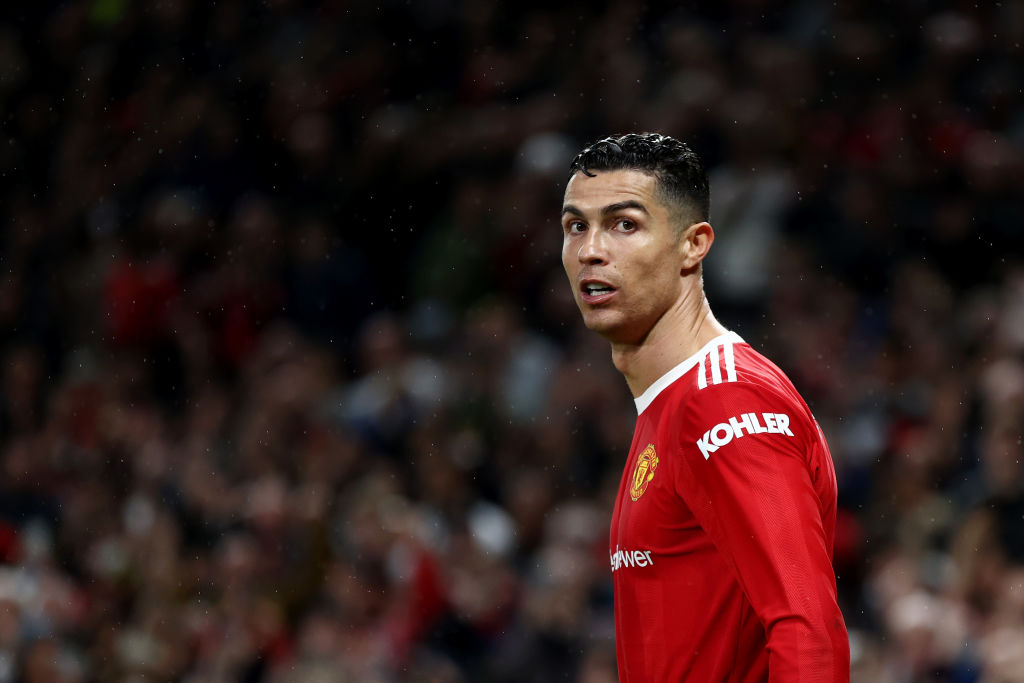Rising wages tip Manchester United to £27.7m Q3 loss despite post-pandemic revenue recovery

Manchester United made a loss of £27.7m for the three months up to the end of March, a 53 per cent increase on the same period last year, due to rising wages and unfavourable exchange rates.
Revenue was up 29 per cent to £152.8m, largely due to the return of supporters to Old Trafford following the Covid-19 pandemic.
But costs rose to £175.4m, as the wage bill grew by a fifth to £101.8m and the club had to absorb the additional cost of staging matches with capacity crowds.
United were also hit by £14.1m in finance costs, which the club said was “driven by an unfavourable swing in foreign exchange rates”.
The third quarter financial results come after United finished the Premier League season in sixth position, having come second last year.
They have also hired Dutchman Erik ten Hag from Ajax to be their new manager, having had Ralf Rangnick in place as an interim appointment since sacking Ole Gunnar Solskjaer in late 2021.
“It has clearly been a disappointing season for the men’s first team. Work is well underway to address this, led by our football director, John Murtough and our new manager, Erik ten Hag,” said chief executive Richard Arnold.
“Resilience and high standards are core values for Manchester United, and we are determined to achieve better results next season and beyond.
“Off the pitch, our revenues have continued to recover from the pandemic, reflecting the enduring strength of our commercial operations, which in turn support our ability to continue to invest in the club.”
United’s commercial revenue grew 13 per cent to £65.6m, helped by fans being able to shop in the Old Trafford megastore once again.
This was largely offset by a fall in broadcast income as the club’s early exits from knockout competitions reduced their number of matches.
Matchday revenue bounced back to £35.7m, up more than 2,000 per cent as fans were allowed to return to fixtures.
Net debt increased more than 11 per cent to £495.7m.
